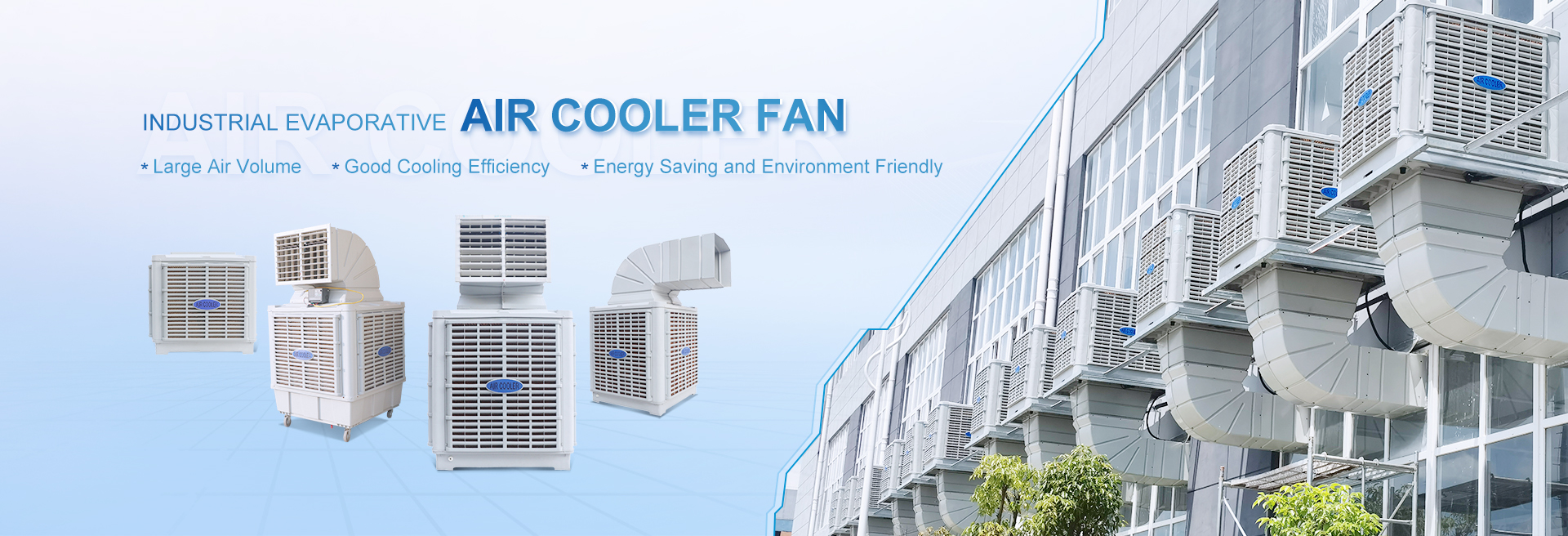Autumn reveals a hint of coolness. When raising laying hens in late summer and early autumn, it is important to pay attention to ventilation. Open doors and windows during the day, increase ventilation, and ventilate appropriately at night. This is an important task for laying hens in autumn and winter. Strengthening ventilation management is beneficial for chicken body heat dissipation and reducing harmful gas content in the chicken coop.
The suitable temperature for laying hens is 13-25 ℃ and the relative humidity is 50% -70%. Both high and low temperatures can reduce the egg production rate of chickens.
In the early autumn season, the weather is still relatively hot and humid, coupled with a lot of rain, the chicken coop is relatively humid, which is prone to respiratory and intestinal infectious diseases. Therefore, it is necessary to strengthen ventilation and air exchange. Open doors and windows during the day, increase ventilation, and ventilate appropriately at night to reduce temperature and humidity, which is beneficial for chicken body heat dissipation and reducing harmful gas content in the chicken coop. After the Mid Autumn Festival, the temperature drops significantly. At night, attention should be paid to reducing ventilation to ensure a suitable temperature in the chicken coop, closing some doors and windows in a timely manner, and paying special attention to the stress caused by sudden climate changes on the chicken flock.
In autumn, as the temperature gradually decreases, the number of fans turned on also decreases. In order to reduce the temperature difference before and after the chicken coop, the area of the air inlet is adjusted in a timely manner, and all small windows are opened to slow down the wind speed and reduce the air cooling effect. The angle at which the small window opens should be such that it does not blow the chicken directly.
Every day, it is important to carefully observe the flock of chickens. If cold air is directly blown in, local symptoms of thinning of the flock can be observed. Timely adjustment can improve this conditional disease. When the air in the dormitory is relatively polluted in the morning, forced ventilation should be carried out for 8-10 minutes, leaving no dead corners during ventilation, and focusing on stable environment in management.












